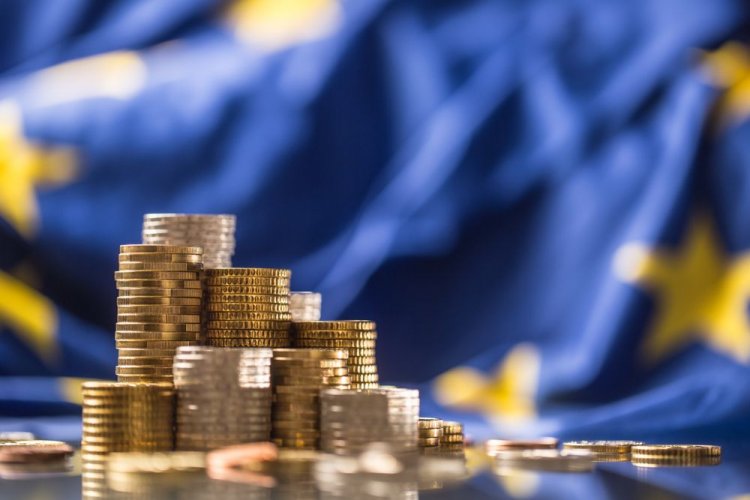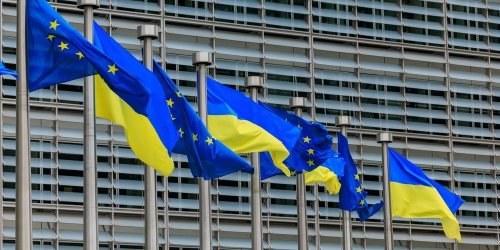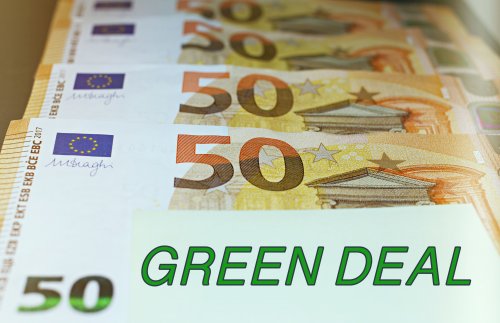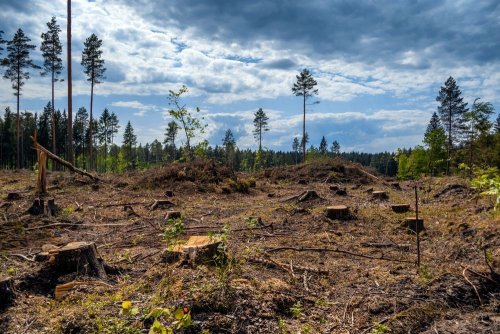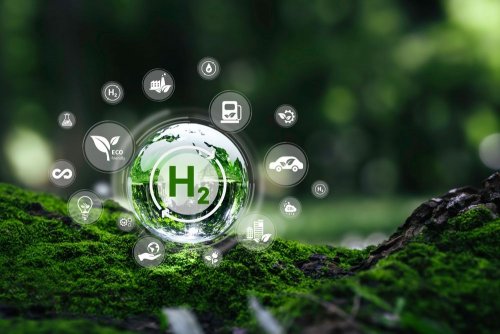Estonia will receive €3.5 billion to implement key EU priorities, such as green and digital transition, and promote competitive, innovative and export-oriented growth.
Estonia has become the 15th member state that has concluded such an agreement with the EU, it is reported European Commission.
Previously, Greece, Germany, Austria, the Czech Republic, Lithuania, Finland, Denmark, France, Sweden, the Netherlands, Poland, Bulgaria, Cyprus and Portugal joined the partnership.
€781 million from the European Regional Development Fund (ERDF) and the Cohesion Fund will support the circular economy in business, ensuring less waste and more efficient use of resources. The funds will also contribute to energy efficiency measures, the development of RES and more use of recycled materials.
€354 million from the Just Transition Fund (JTF) will help Estonia transition to a greener and more competitive industry, while maintaining employment and upskilling workers in affected areas.
Estonia aims to stop generating electricity from oil shale by 2035. The high-carbon oil shale sector is concentrated in Ida Wiru County.
To mitigate the high socio-economic transition costs for the area, Estonia is investing JTF resources in restructuring the economy, supporting affected communities and reducing the environmental and health impacts of mining and oil shale processing.
Up to €521 million from the Cohesion Fund will support the transition from road to rail transport for both passengers and freight. This will help reduce travel times and CO2 emissions. Investments will also be aimed at completing the road network needed for the trans-European transport network Core TEN-T, which should be ready by 2030.
€742 million from the ERDF will be mobilized to improve cooperation between businesses and research institutions and will be invested in small and medium-sized businesses to improve productivity, innovation and competitiveness in line with smart specialisation. These funds will also accelerate the digitization of the economy, the development of state digital services and high-speed Internet.
€534 million from the European Social Fund Plus (ESF+) will be invested to address social needs, health care, lifelong learning and labor market needs.
€97.4 million from the European Marine Fisheries and Aquaculture Fund (EMFAF) will increase the sustainability of the fisheries, aquaculture and processing sectors. The EMFAF program will focus on innovation and interdisciplinary scientific collaboration, climate change adaptation and environmental protection.
Sustainable development and economic diversification of coastal fishing and aquaculture communities will be strengthened in line with the objectives of the European Green Deal.
Investments in the fisheries and aquaculture sectors will also contribute to the green transition in Estonia by promoting small-scale coastal fisheries through local community-led development.
"Europe's Blue Economy plays a crucial role in supporting coastal communities and decarbonising our economy. This Partnership Agreement with Estonia will strengthen the economic and social viability of coastal communities through innovation and the development of sustainable and environmentally friendly technologies. This will lead to increased sustainability and the formation of sustainable and low-carbon fisheries , aquaculture and processing sectors, and will improve the protection of the marine environment and biodiversity," said Commissioner for Environment, Oceans and Fisheries Virginius Sinkevičius.
Earlier, EcoPolitic wrote, that rhe EU was accused of too ambitious climate and energy policy, while member states try to guarantee the necessary energy supply.
As EcoPolitic previously reported, the European Commission approved the €5.4 billion of state support for an important project of common European interest (IPCEI) in the value chain of hydrogen technologies.

